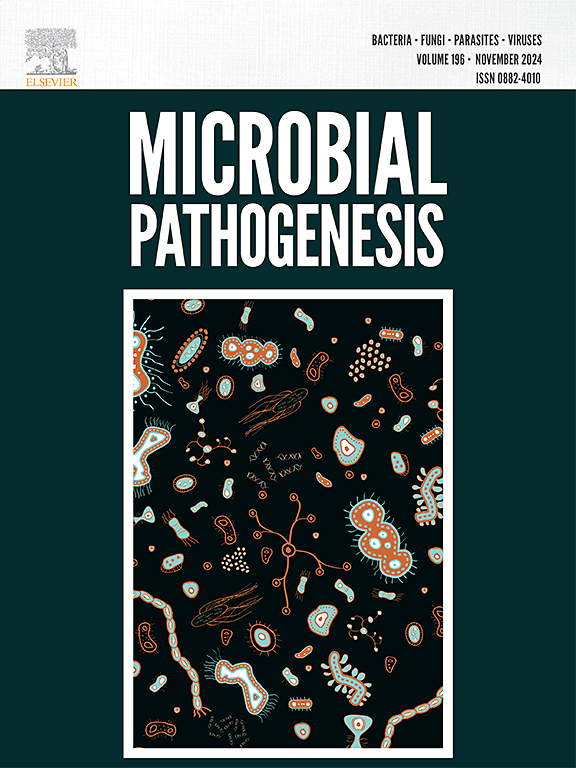Edible and herbal plants against Helicobacter pylori infection: From epidemiological, experimental studies to clinical perspectives
IF 3.3
3区 医学
Q3 IMMUNOLOGY
引用次数: 0
Abstract
Helicobacter pylori (H. pylori) infection is an important global public health concern, causing conditions like gastritis, gastroduodenal ulcers, gastric lymphoma, distal gastric cancer and other gastric diseases. With the increasing prevalence of antibiotics resistance, the cure rate of antibiotics-based triple or quadruple therapy has declined to 80 % or less. Moreover, side effects still remain. Hence, alternative, more potent and safer anti-H. pylori medications are required. Numerous studies have indicated that natural products from medical plants are valuable repositories for the prevention of H. pylori infection with advantages in little side effects due to the co-evolution with biological systems for millions of years. In this review, we highlighted the anti-H. pylori activities and the responsive mechanism of edible and medical plants based on epidemiological, experimental, and clinical studies, providing the basis for future development of functional foods or drugs against H. pylori.

求助全文
约1分钟内获得全文
求助全文
来源期刊

Microbial pathogenesis
医学-免疫学
CiteScore
7.40
自引率
2.60%
发文量
472
审稿时长
56 days
期刊介绍:
Microbial Pathogenesis publishes original contributions and reviews about the molecular and cellular mechanisms of infectious diseases. It covers microbiology, host-pathogen interaction and immunology related to infectious agents, including bacteria, fungi, viruses and protozoa. It also accepts papers in the field of clinical microbiology, with the exception of case reports.
Research Areas Include:
-Pathogenesis
-Virulence factors
-Host susceptibility or resistance
-Immune mechanisms
-Identification, cloning and sequencing of relevant genes
-Genetic studies
-Viruses, prokaryotic organisms and protozoa
-Microbiota
-Systems biology related to infectious diseases
-Targets for vaccine design (pre-clinical studies)
 求助内容:
求助内容: 应助结果提醒方式:
应助结果提醒方式:


